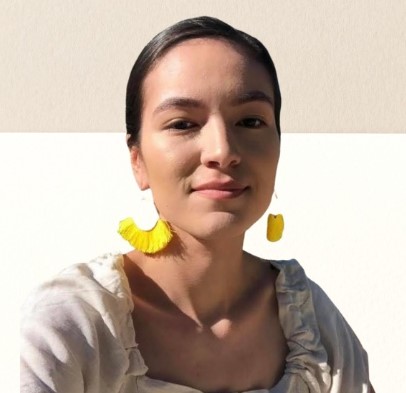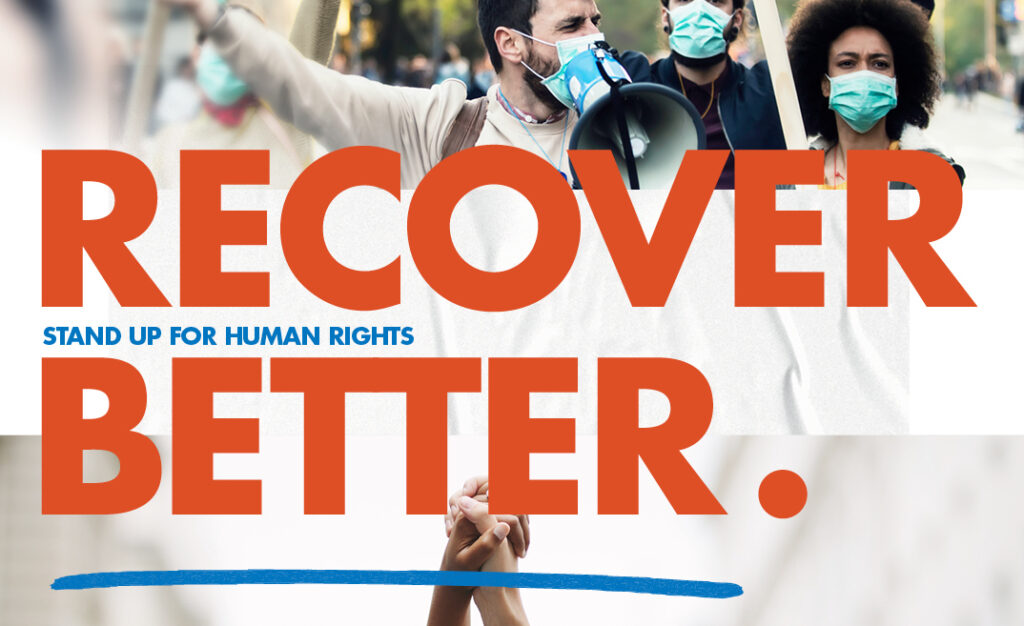by Meagan Malcolm
The COVID-19 pandemic has exacerbated gender inequalities for women, two-spirit and gender-diverse people, including disproportionate economic insecurity. According to Statistics Canada, over 298,000 women between the ages of 25 and 54 lost their job during the pandemic, compared to just over 127,000 men. In Manitoba, intersectional policy approaches have been notably absent before and during the COVID-19 pandemic. The pandemic has affected women, two-spirit and gender-diverse people in an unprecedented manner and has brought to attention long-term inequities. As we collectively have learnt to navigate COVID-19, we have the opportunity to address these inequities through targeted policy interventions.
At the International Institute of Women’s Right Manitoba (IIWR-MB), we have been working on an 18-month research project, focusing on bringing a gender-based analysis plus (GBA+) to Manitoba. From September to November, we have heard from Manitobans like you through our public survey about your experiences of economic insecurity during the COVID-19 pandemic and your thoughts about the potential for a GBA+ to be a policy tool as we look to recover from the pandemic. Our findings found that a majority of Manitobans support some form of gender budgeting as a tool of economic recovery from COVID-19 and believe that the implementation of a GBA+ would benefit them and people from their community.
We also heard from you that intersectionality is critical to any gender budgeting approach, meaning that our gender budgeting cannot only consider gender. For example, respondents who identified as disabled overwhelmingly indicated that they do not believe that the policies and practices of the Government of Manitoba that were developed to respond to the pandemic considered the experience of people with disabilities.
We need a covid recovery plan that focuses on building our social, political and economic systems that strengthens and supports all our communities. Over the last two years, we have watched women, who were more likely to be laid off, losing their livelihood, sacrificing their health at the frontlines of the pandemic response and disproportionately shouldering the burden of additional caregiving associated with COVID-19. We need to focus on rebuilding our social, political and economic systems in ways that empower, uplift and protect us all.
There is a huge intersectionality gap in data of all types. Women, Two-Spirit, Trans and Gender-Diverse people are still being missed from the data, meaning that they are not able to be considered in the research that is developing these policies and practices. Gender-based analysis plus should be the standard, the bare minimum, in developing policies as we look towards a recovery from COVID-19, which will help to address inequities and gaps across the province. In March 2023, the IIWR-MB will be releasing our final report, after we have completed a series of community consultations with communities missing from our data, which will be shared with members of the legislature as a policy recommendation. We hope you will join us in our work to bring a GBA+ to Manitoba by following along for upcoming events, resources and actions on Instagram, Facebook, LinkedIn, Twitter, or by joining our newsletter!

Meagan Malcolm ᒣᑲᐣᒪᓬᑯᒼ (she/they) is proud Anishinaabekwe, and a member of Roseau River Anishinabe First Nation. She was born and raised in Treaty No. 1 Territory (Winnipeg).
Meagan is the Research and Administration Coordinator for the IIWR-MB. Meagan recently graduated with her Bachelor of Arts in Criminal Justice at the University of Winnipeg. In 2019, Meagan was the first Indigenous woman to be elected President of the University of Winnipeg Students’ Association (UWSA). As a UWSA President, Meagan lobbied the federal government on Parliament Hill on Indigenous access to education and action to climate change, campaigned for the University of Winnipeg Foundation to divest from fossil fuel investments, and established the UWSA Indigenous Advisory Circle. Meagan has also advocated for Indigenous students at a national level as the National Executive for the Canadian Federation of Students Circle of First Nations, Inuit, and Métis Students, where she gave a statement in the House of Commons on the ongoing water crisis on First Nations.
In her spare time, Meagan loves to travel and to wear stunning Indigenous-made earrings. Meagan’s coffee of choice is an iced caramel macchiato.

